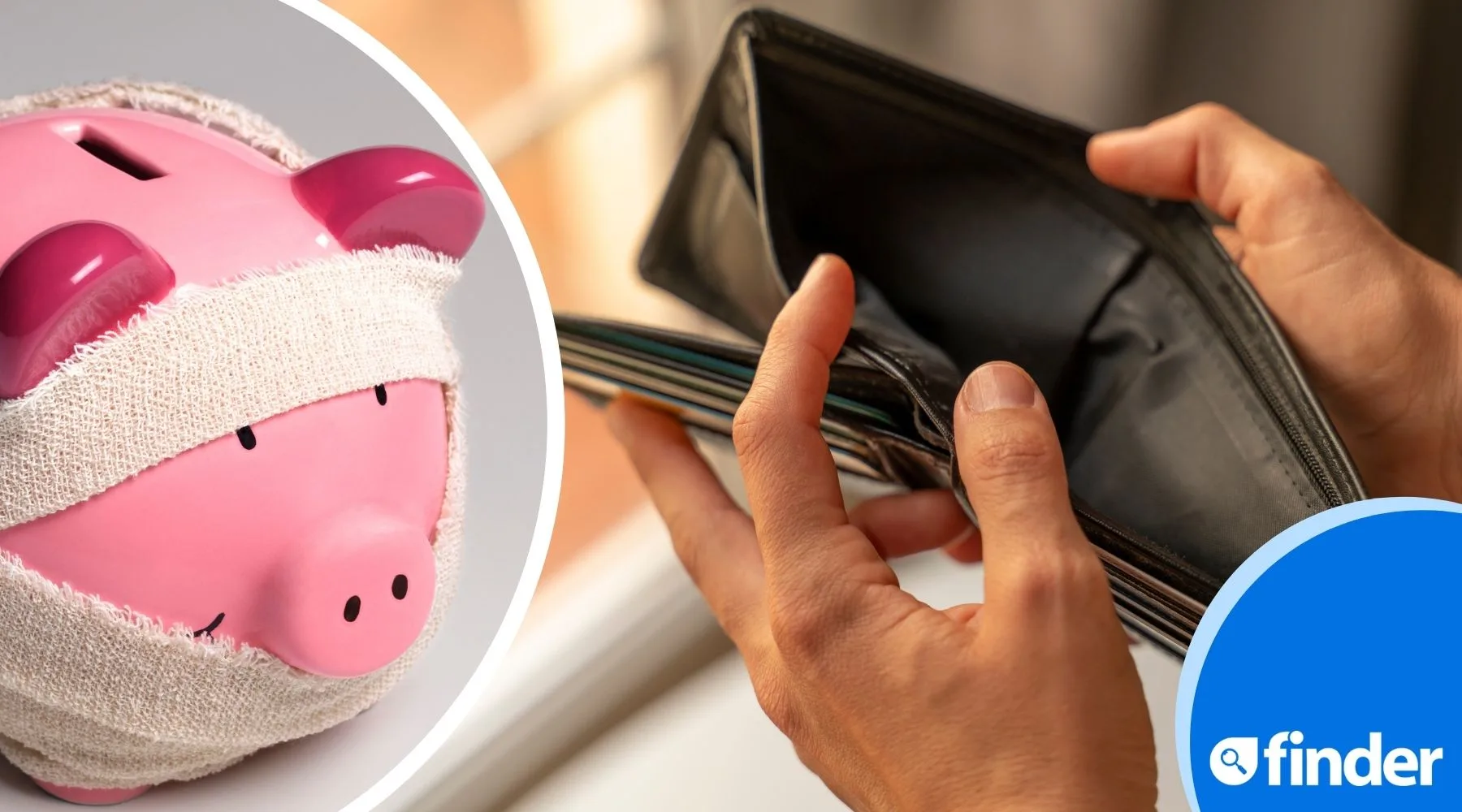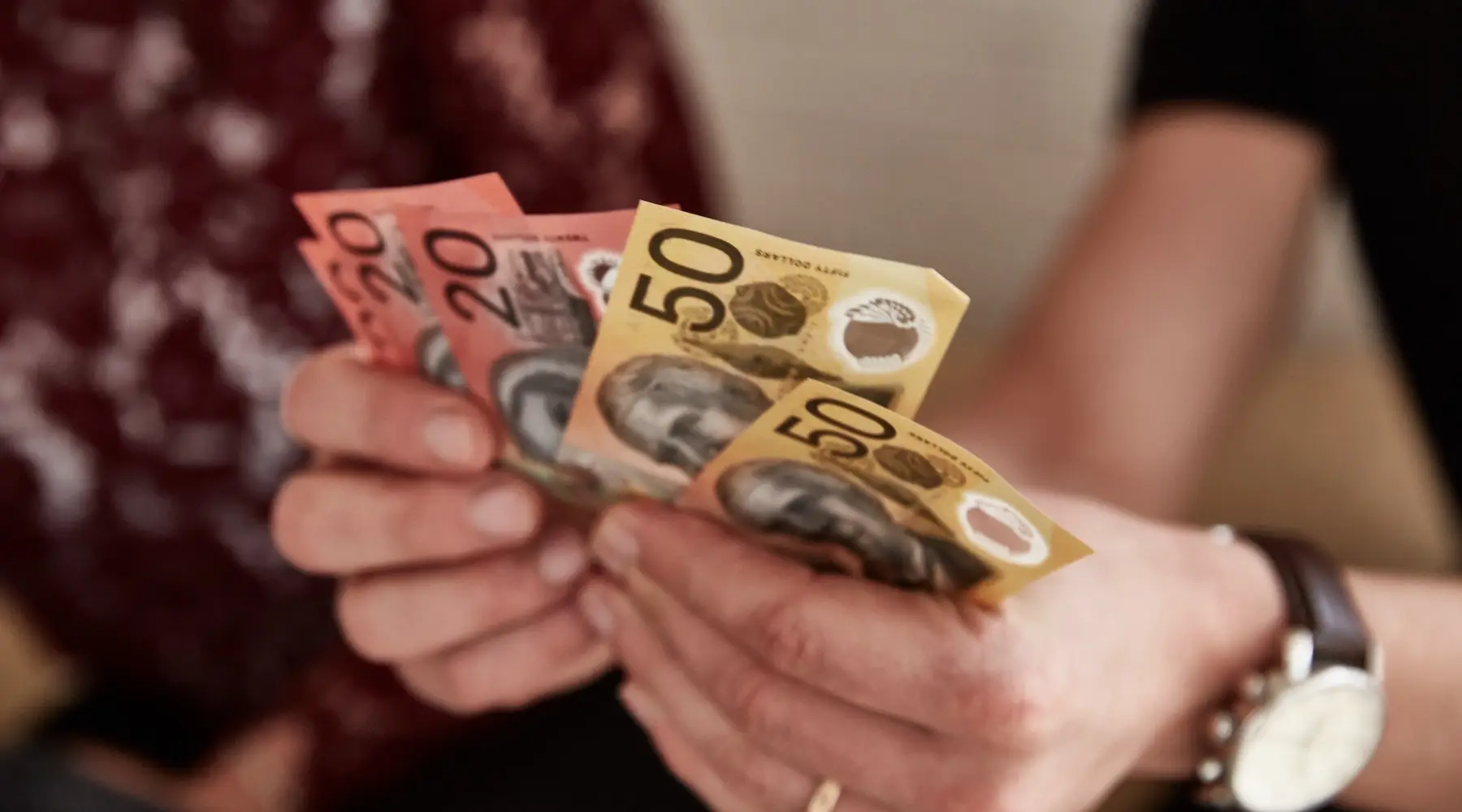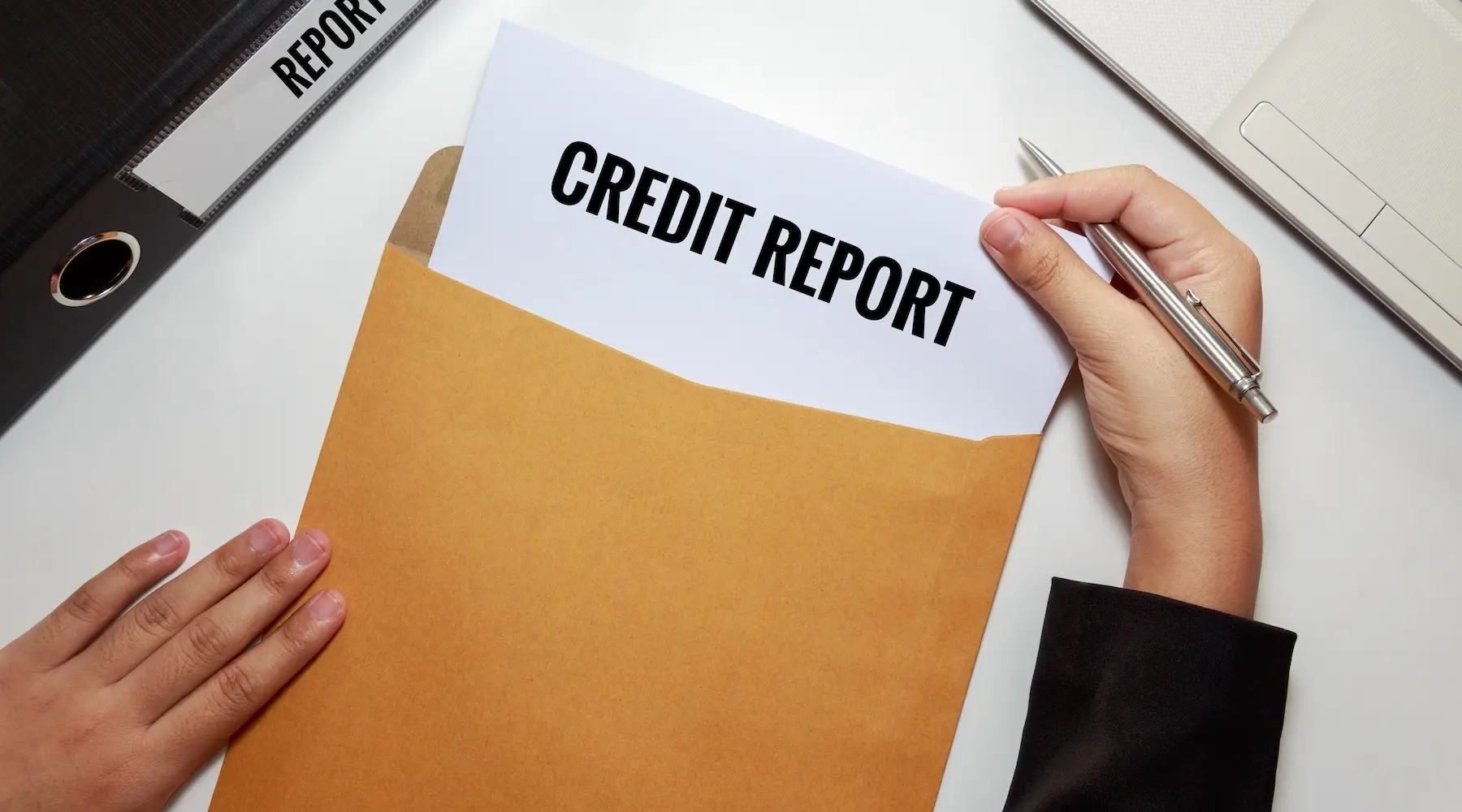4 things you can’t freely do when you’re bankrupt in Australia

You can't become a member of parliament if you're an undischarged bankrupt, and that's not the only restriction.
Former senator Rod Culleton has made headlines ahead of the 2022 federal election because he's listed as an undischarged bankrupt on the National Personal Insolvency Index (NPII).
As the Australian Electoral Commission has said, you can't get elected as a senator or a member of the House of Representatives when you're an undischarged bankrupt.
What is an undischarged bankrupt?
When someone is an "undischarged bankrupt", they are still going through the bankruptcy process and their finances are managed by a trustee (who typically has a lot of oversight). Once that process is done, they are "discharged" from bankruptcy and take back control of their finances.
While the news about Rod Culleton isn't as big as some of the election policy announcements, it is a real-world example of what can happen if you go bankrupt. Especially as the cost of living skyrockets.
But bankruptcy doesn't happen over night, and the situations that lead to it are often complicated.
"Most bankruptcies are a result of business failure or life events such as death, illness, disability, relationship breakdown, addiction or abuse," personal finance expert and Life Sherpa consumer campaigner Christopher Zinn told Finder.
He said inflation is unlikely to have a direct impact on the number of people filing for bankruptcy.
"However, we should expect a post-COVID hangover, where business insolvencies were deferred due to lots of government handouts which have now ceased.”
In some cases, bankruptcy can seem like the only way out but it has long-term consequences even if you don't want to go into politics. Here are 3 other ways it can affect you.

1. Travelling overseas
If you're an undischarged bankrupt, you won't be able to go overseas without permission from your trustee.
They can also put restrictions on where you travel and how long you can be away. And if you try to run from bankruptcy by going overseas, the consequences can include going to prison (in extreme cases) or an extension of your bankruptcy for 5-8 years.

2. Earning money
There's a threshold for how much you can earn before you need to make compulsory payments when you're bankrupt.
The threshold changes twice a year and also factors in how many dependants you have. Currently, the Base Income Threshold Amount is $61,789.00 (after tax) – your trustee calculates how much you need to pay if you earn above that.

3. Getting credit (and your credit score)
Bankruptcy can be listed on your credit report for up to 5 years and impacts what types of loans and other credit accounts you can get.
For example, you typically won't be able to get a credit card or home loan if you're an undischarged bankrupt, although there are some specialist lenders that offer home loans to discharged bankrupts.
There are also limited personal and business loans, although the level of risk can lead to higher costs.
Being discharged from bankruptcy typically opens up some more options for loans and credit accounts, especially when the details are taken off your credit report. Just keep in mind that details of your previous bankruptcy will stay on the NPII.
What to think about before filing for bankruptcy
First of all, keep in mind that bankruptcy isn't the only option, in fact, it's usually a last resort.
There are many options and ways to get help before bankruptcy but not so many afterwards.”
"For example, the banks and other providers such as energy companies do have hardship provisions to head off payment difficulties… but you need to engage with them while there is still time to make a difference," Zinn said.
This means contacting them as soon as possible if you're struggling to pay bills on time or changes in your life are putting more pressure on your household budget. They could be able to work out a payment plan or other option for you.
"The big message is that bankruptcy and like actions, debt agreements for example, should be a last resort and usually, a negotiated solution can be cheaper and better in the long run," Zinn said.
Speak to a financial counsellor, very different from a financial adviser, to get detailed and expert advice on your options.”
You can speak to a qualified financial counsellor for free by calling the National Debt Helpline on 1800 007 007 or by using the website's live chat.
The National Debt Helpline website also has a list of specialist financial counselling services and a map to help you find someone in your area, so you can get support before making a decision.
Juggling more than one debt? Finder's guide to debt consolidation has more on how you can get your finances back in control.
Images: Getty Images, Finder (Luke Dubbelde)

